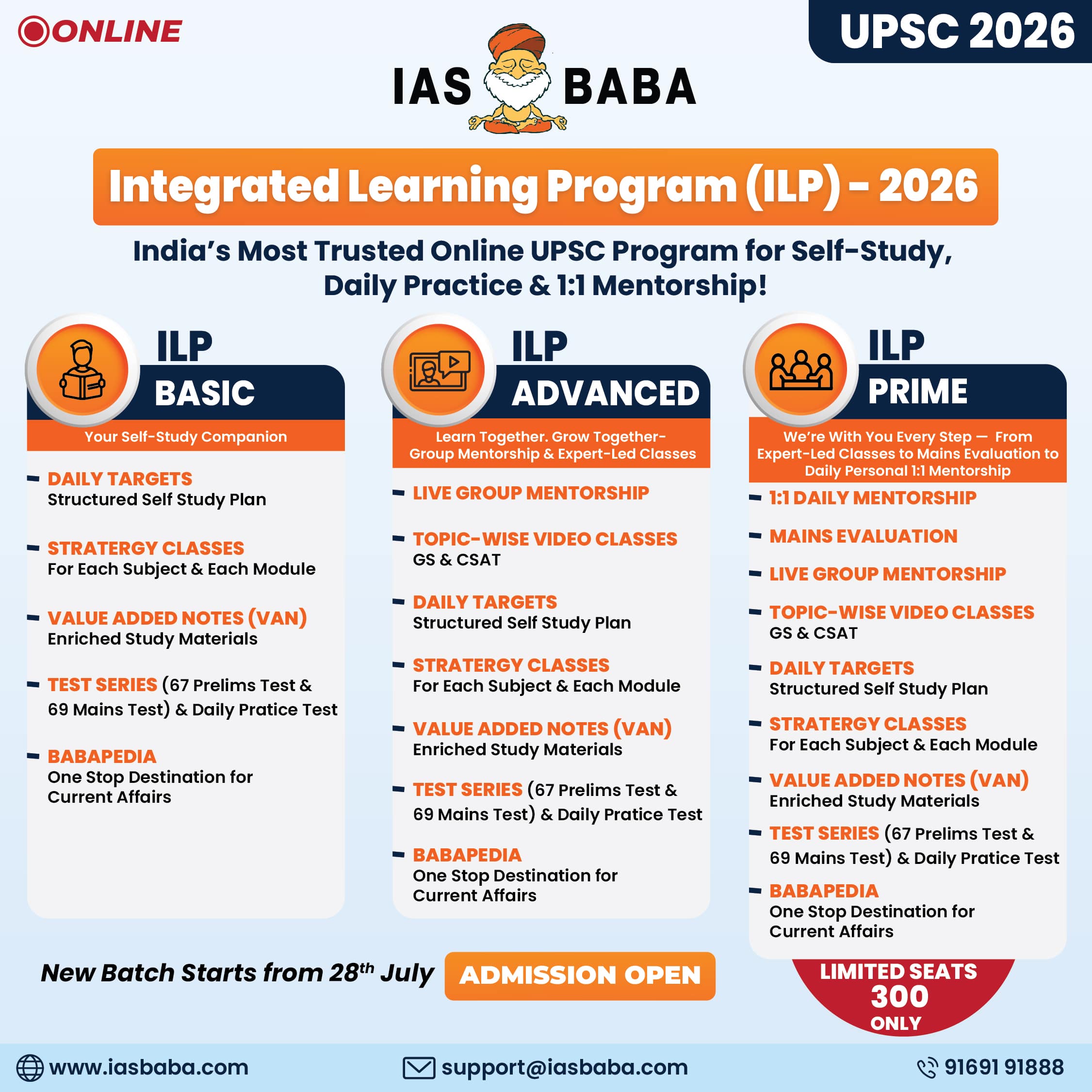UPSC Articles
Indian Polity
TOPIC:General Studies 2:
- Important aspects of governance, transparency and accountability, e-governance- applications.
Internet Shutdown and Section 144
Context:
- Supreme Court ruling on the internet shutdown in Jammu & Kashmir since August 5th, 2019.
- Also, in recent times whenever there is possibility of peaceful democratic protests, the administrative authorities immediately shut down internet & imposes section 144. This is used as a precautionary measure so that the protests doesn’t spiral out of hand leading to violence, arson and law & order issues disturbing public.
What is section 144?
- It is a section of the Code of Criminal Procedure, which prohibits assembly of five or more people, holding of public meetings, and carrying of firearms and can be invoked for up to two months (extendable upto 6 months)
- Section 144 also empowers the authorities to block the internet access.
What are the impact of such restrictive measures, especially blocking internet access?
- Freedom of peaceful assemble guaranteed under Article 19 (1)(b) is restricted especially when the executive orders imposing this section is not made public
- Right to Freedom of speech & expression under Article 19(1)(a) is impacted as the medium to access information i.e. internet is blocked
- Right to carry on trade activities under Article 10(1)(g) is also negatively impacted with the restrictions placed on movement of people.
- Economy of the region adversely affected as access to e-banking facilities blocked due to temporary ban on internet. Internet shutdown around the world in 2019 has cost the global economy over $8 billion.
- Delivery of government welfare provisions affected especially in today’s age of e-governance and digitization of the process
- Healthcare provisions impacted especially where government schemes like Ayushman Bharat have adopted digital means for delivery process
What was the Supreme Court ruling in case dealing with internet shutdown in J&K?
- Right to Freedom of Speech & Expression is constitutionally protected. Therefore, an order suspending internet services indefinitely is impermissible
- The Court applied the proportionality doctrine to reason that “complete blocking/prohibition perpetually cannot be accepted”.
- The review committee should be constituted under the suspension rules (of Indian Telegraph Act) that will conduct a periodic review of the suspension within seven working days of the previous review
With regard to Section 144
- Any order passed under Section 144, CrPC should be published alongside stating the material facts to enable judicial review of the same.
- Lack of public accessibility of these orders (citing National Security reasons) has prevented citizens from filing cases in High Court against such executive order
- It was against the “sealed cover jurisprudence” that is a recent phenomenon in Indian Judiciary
- Section 144 cannot be used to suppress legitimate expression of opinion
-
-
- Executive cannot arbitrarily impose section 144. Not just an apprehension of danger, but there has to be an emergency question for passing such executive orders
-
- Repetitive orders passed under Section 144 would be an abuse of power
Criticisms of the judgement
- The judgement was a statist expression of law. It was one one premised on legal centrism than one advancing fundamental rights.
- Lack of powers to review committee: The committee will be principally composed of bureaucrats and no independent members will lack independence and real power to overturn the initial Internet shutdown orders.
- The court stopped short of ruling that access to Internet is a fundamental right, it however said that the Internet as a medium is used to exercise other fundamental rights
- The judicial review, guaranteed by the court, itself takes a long time to provide relief as was in the present case. The Supreme Court should have given a timeframe within which such cases should be dealt with given its impact on the Democratic foundations of society.
Way Ahead
- Given that State has balance the need to ensure liberty & National Security, such type of preventive law & order measures should be used as last resort.
Connecting the dots
- Sealed Cover Jurisprudence – Cases where such procedures was adopted
- Is Right to access internet a Fundamental right? What are the possible implications on the Indian Polity with such recognition of new right in the age of internet ?














